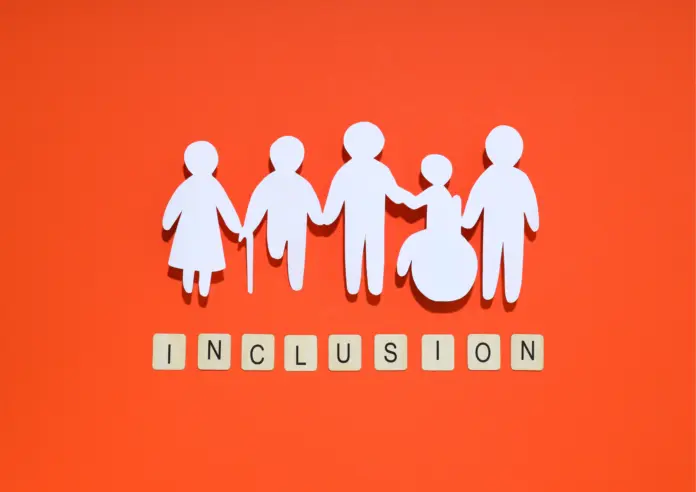Building a workplace that celebrates differences isn’t just the right thing to do; it’s a recipe for success. This article explores practical strategies to foster diversity, equity, and inclusion in workplace can empower your team. Table of contentsUnderstanding Diversity, Equity, and Inclusion InitiativesThe Importance of Embracing Diversity in TeamsBenefits of Implementing Diversity, Equity, and Inclusion…
RELATED ARTICLES
© NewInAsia.com 2025








